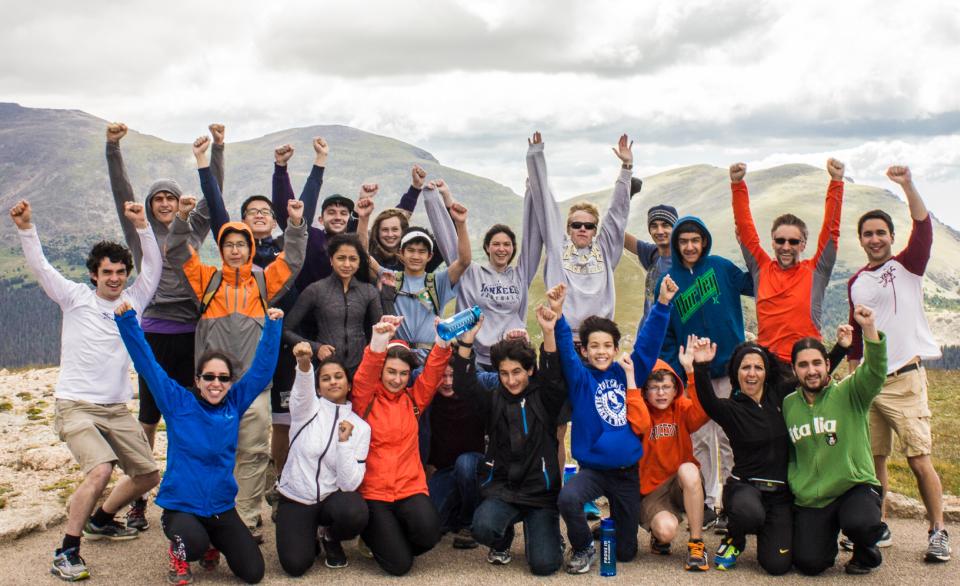The Prove it! Math Academy residential summer program will not be offered in 2026. Big changes are in the works to provide our unique curriculum and high-quality resources to a wider audience of math enthusiasts. Check this site for updates and announcements.
Why Prove it! Math?
“My son is good at math and his high school doesn’t know what to do with him. What can I do?”
“I did well at MATHCOUNTS in middle school, but how can I make the transition to proof-oriented competitions or research?”
“My daughter has completed all of the math courses offered at her high school and wants to study math after graduation. What will best prepare her for college?”
In our experience as coaches of mathematics competition teams and advisors of student research, we frequently hear such questions and comments from young mathematicians and their parents. The standard mathematics curriculum is simply not designed to challenge the best students. Fortunately there are resources outside of the schools that can help. These include calculation-based competitions (such as MATHCOUNTS and AMC), proof-based competitions (such as USAMTS and USAMO), college math courses (both calculation-based and proof-based), research competitions (such as Regeneron STS and Siemens), summer camps, and online programs.
But even with all of these resources available there is still a gap in the current set of educational options available to talented students of mathematics. Almost all secondary school and freshman-level undergraduate mathematics classes and many summer camps and online programs are calculation-based — where students perform some sequence of computations to arrive at a numerical answer. At the other end of the spectrum there are research competitions and advanced undergraduate level mathematics courses that require the ability to read and write mathematical proofs — objectively verifiable explanations of why a certain mathematical statement must be true. Yet there are very few resources available to help students make the transition from calculation-based problem solving to mathematical proof-based activities.
Prove it! Math Academy is designed to fill this gap. Our approach is threefold:
Proof
The Prove it! Math Academy curriculum is based on our experiences teaching mathematical proof at the undergraduate level, our NSF-funded research project Lurch (a word processor that checks your reasoning), and our coaching of proof-oriented mathematics competitions. Our philosophy is that mathematical proof is best learned by a gradual transition from the rigor of formal proofs to the clarity of traditional mathematical exposition. Our curriculum bridges the gap between calculations and proofs.
Problem Solving
Students also benefit enormously from the kind of creative problem solving that is used in mathematics competitions. In traditional math instruction, the students are frequently taught a specific fact or procedure and then asked to apply it in prescribed settings. But in problem-solving mathematics, students are asked to answer questions that they have not previously been taught how to solve, and must creatively combine facts and theories to do so. For this reason, our curriculum emphasizes the problem-solving approach to mathematical proofs.
Camaraderie
Our residential summer program gives the participants the opportunity to interact with other students who share their love and passion for mathematics. It also helps the students and their parents form a network of students, parents, and instructors who can share information about scholarships, contests, and college admissions as we guide our talented mathematical youth.
Thus, the purpose of Prove it! Math Academy is to provide an introduction to mathematical proof in a creative, problem-solving context. Our summer program accomplishes this in a safe, scenic, memorable location, surrounded by like-minded peers and outstanding instructors, so that our students can reach their full potential.
